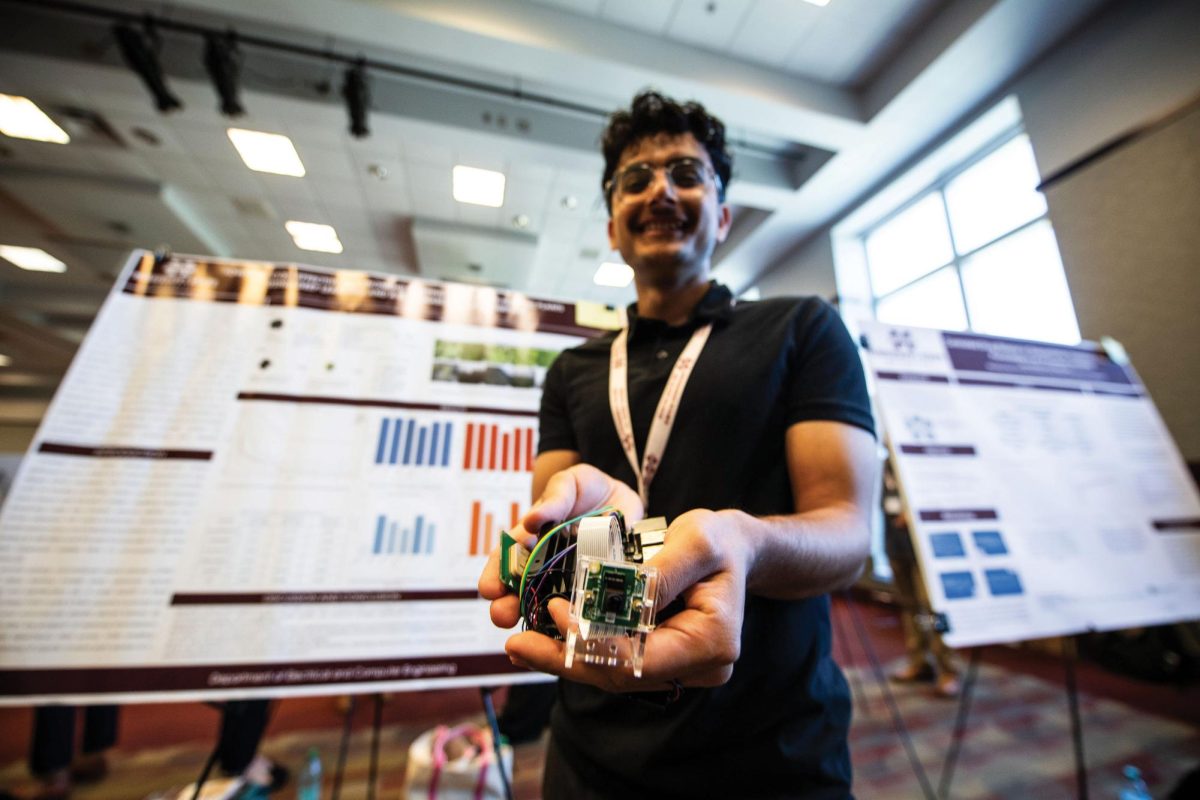By now you may have heard about the sudden surge of racial tension at the University of Missouri, but the recent events at our fellow SEC university have been growing for quite some time now.
Two weeks ago, Jonathan Butler, Mizzou graduate student, began a one-man hunger strike, promising not to eat until Tim Wolfe, university president, was either removed from office or resigned. Butler’s initial protest came as a response to the president’s inability to confront growing racial tensions on campus, including an incident last month when a swastika smeared in feces was found on a campus dorm wall.
Concerned Student 1950, a student activist group, has worked for years to end racial hostility at Mizzou. “1950” is a reference to the year the first black students were admitted into Mizzou.
Last Sunday, the group received help from an unlikely ally when more than 32 African American Mizzou football players joined in the protest, giving the issue immediate national recognition.
The athletes released a statement saying they will refrain from all football related activities until Wolfe is out of office, including their game last weekend against Brigham Young University— a move that could cost the school one-million dollars.
Gary Pinkel, head football coach, tweeted a statement shortly after, “The Mizzou family stands as one. We are united. We are behind our players.”
On Nov. 9, President Time Wolfe resigned, ending Jonathan Butler’s eight-day hunger strike. Just hours after Wolfe stepped down, Chancellor R. Bowen Loftin announced he was stepping down as well amid the growing pressure from students.
African-Americans on Mississippi State University’s campus were not directly affected by events at Mizzou, but the topic did spark conversation about the recent debate over Mississippi’s state flag.
MSU President Mark Keenum was one of the first people to issue a statement supporting the changing of the state flag. Although Keenum supports the changing of the flag, he has no immediate plans to remove it from campus.
Peyton Wardlaw, junior public relations major, said events like those which occurred at Mizzou stand as evidence that race is still an issue and the university should not perpetuate years of intolerance for the African American community by flying the confederate flag.
“I understand why Dr. Keenum wants to fly our state flag, but as a university that has been at the forefront of diversity and tackling race issues throughout the state, we should seek to remove those things that don’t meet the standard we have set in place,” Peyton said.
Jamario Gordon, senior marketing major, said he never personally felt marginalized on MSU’s campus.
“My time here has been amazing and life-changing,” Gordon said.
On the contrary, Jalisa McGaha, senior public relations major, said she has experienced marginalization due to her race while on campus.
“I have felt marginalized plenty of times on campus. As a minority at a PWI (primarily white institution), it comes with the territory,” McGaha said. “Most of those times, it was in response to, or lack-there-of, of other social injustices that we’ve seen over the past two years.”
Since the news of Wolfe and Loftin’s resignation went public, racial tension on the campus only continue to heat up.
Death threats on various social media sites have targeted black Mizzou students, causing widespread fear across the campus and city.
Despite photos, screenshots and videos that would suggest otherwise, the Mizzou alert system sent out a tweet on Tuesday, Nov. 10 that read, “there is no immediate threat to campus, please do not spread rumors.”
This story is ongoing but over the past week, schools such as Yale, Hampton University, Seaton Hall and many more are finding solidarity with the Tigers.
There is no doubt that the events at the University of Missouri are bringing light to a very important race issue that has been tolerated for too long.
Emily Ryalls, professor of communication and gender studies, said she hopes the protests at the University of Missouri show students they are capable of change and there is power in numbers.
“I hope students learn they are powerful,” Ryalls said. “I hope they learn that protests work, and that there is power in activism.”
On Nov. 11, Ithaca College in New York began protesting due to racial injustices on their own campus, proving the events at The University of Missouri are sparking larger conversations about what it is like to be an African-American college student in the 21st century.







